This is a strong warning for food safety management in Vietnam, in which the dairy industry – an industry that provides essential and sensitive products – is facing an urgent need to tighten quality control processes.
From this reality, we can look to the experience of countries that are operating strict and effective quality management systems for powdered milk products .
China
Following the 2008 melamine milk scandal – one of the biggest food safety crises in China’s history – the Chinese government implemented a series of sweeping and comprehensive reforms.
China has established a strong legal framework with the Food Safety Law (amended in 2009 and 2015) as the foundation, clearly defining the responsibilities of stakeholders in the supply chain, from production, processing to distribution. One of the mandatory requirements is the application of the HACCP system (Hazard Analysis and Critical Control Points) in all dairy production facilities. This system helps identify and control food safety risks at each stage, from raw material procurement to product packaging.
In China, the domestic milk market share has recovered from a sharp decline after 2008 and now accounts for a high proportion. Photo: Reuters. |
In addition to HACCP, the Chinese government has widely applied GMP (Good Manufacturing Practice) certification specifically for the dairy industry. Enterprises are required to obtain this certification if they want to be licensed to market their products. The inspection process includes evaluating facilities, hygiene conditions, equipment, quality management processes, and human resources. Factories that do not meet the standards will have their operations suspended or their business licenses revoked.
Another important reform is to build a comprehensive traceability system, using QR codes so that consumers can easily check information about the place of production, expiry date, batch, and quality inspection records. This data is stored in a centralized system and is interconnected between management agencies. This not only increases transparency but also helps to quickly handle any quality problems.
The Chinese government also restructured the dairy market by encouraging small businesses to merge into larger corporations. The goal was to concentrate resources, standardize production processes, and make them easier to control. By 2020, some corporations such as Yili, Mengniu, and Feihe had become dominant brands in the market.
Market inspections are also being strengthened beyond the production level. Market management, testing and food safety inspections are clearly decentralized from central to local levels. Surprise inspections, post-inspections and strict penalties are regularly carried out, especially targeting products for children. Violations in the field of powdered milk safety are not only subject to administrative sanctions but can also be prosecuted criminally.
In addition to the legal and technical framework, China places a strong emphasis on consumereducation and communication . Campaigns to publicize lists of offending brands, make inspection processes transparent, and build a consumer feedback system contribute to putting pressure on businesses to maintain high standards.
Thanks to these comprehensive reforms, Chinese consumers’ confidence in domestic milk has gradually been restored. The domestic milk market share, which had plummeted after 2008, has recovered and now accounts for a high proportion. Some Chinese enterprises have even expanded into the international market thanks to production standards that have reached global levels.
America
The United States is one of the countries with the most stringent food quality management systems in the world , especially for products for infants such as infant formula. The control and supervision of powdered milk quality in the United States is under the main management of the US Food and Drug Administration (FDA), according to strict regulations set forth in the Federal Food, Drug and Cosmetic Act (FD&C Act).
Any infant formula product that wants to be sold in the US market must go through a rigorous pre-approval process. Manufacturers are required to submit a declaration to the FDA at least 90 days before the product is placed on the market. This declaration must demonstrate that the formula meets the minimum and maximum nutritional requirements set by the FDA (including at least 29 essential nutrients such as protein, fat, iron, vitamins and minerals).
In addition to the ingredient requirements, powdered milk products must also be manufactured in compliance with current Good Manufacturing Practices (cGMP), which include strict requirements for equipment, plant hygiene, raw material control, personnel training, and continuous inspection at critical points in the production process. This process is intended to prevent bacterial contamination, cross-contamination, or formulation errors.
The US milk powder management system is a comprehensive model, based on the principles of proactive prevention, transparency and rapid response. Photo: The Japan Times. |
A unique feature of powdered milk management in the US is the requirement to test for microbiological safety, especially for dangerous bacteria such as Salmonella and Cronobacter sakazakii. The FDA requires testing each batch before it leaves the factory, and also requires long-term production records to be kept for traceability in case of incidents.
In addition to internal audits, the FDA also conducts routine and surprise inspections of manufacturing facilities, including those located outside the United States (for imported goods). The agency has the authority to recall products, impose administrative penalties, or prosecute criminally if serious violations are found.
Following the 2022 infant formula crisis, when an Abbott plant in Michigan was shut down due to suspected contamination, the U.S. government drastically overhauled its supply chain and emergency response procedures. The FDA stepped up market surveillance programs, encouraged domestic production, and established an early warning information mechanism to protect consumers.
The US government also focuses on promoting smart consumption, encouraging people to check product information through the FDA's official website, which publicly announces recalled batches, provides instructions on how to safely mix milk, and reports problems if they arise.
Lessons learned from the US show that to ensure absolute safety for an essential product like powdered milk, not only strict legal regulations are needed, but also strict supervision throughout the production chain, along with active support from the community and consumers.
Europe
The European Union (EU) is known as one of the regions with the most stringent and complex food safety management systems in the world. For powdered milk products, especially infant formula, the EU applies a “farm to fork” approach, aiming to control the entire supply chain.
The European Food Safety Authority (EFSA) works in collaboration with the national food authorities in each member state. EFSA is responsible for assessing risks, providing scientific advice and setting nutritional and safety standards for infant formula. These standards are detailed in European Commission Regulations, notably Regulation (EU) No 609/2013, relating to food for infants and young children.
In terms of nutritional content, the EU requires formulas to meet minimum and maximum levels for around 30 micronutrients, including proteins, fats, carbohydrates, vitamins and minerals. Additives, artificial flavours and added sugars are strictly restricted or banned altogether. Even minor changes to the formula must be scientifically evaluated and transparently reported before being marketed.
Powdered milk products in Europe are considered to meet the world's leading safety and quality standards. Photo: Swissinfo. |
The EU requires manufacturers to comply with Good Manufacturing Practices (GMP) and Hazard Analysis and Critical Control Points (HACCP) regulations. Powdered milk factories must be audited by an independent inspection body and given an EU approval number for traceability.
In particular, the EU applies the RASFF (Rapid Alert System for Food and Feed) system – a cross-border rapid warning mechanism. When a member state detects a risk related to powdered milk products, the information is immediately shared with all 27 other member states, allowing for rapid, large-scale recalls and avoiding widespread damage.
Labelling in the EU is also strictly regulated. Product labels must clearly state the ingredients, age of use, preparation instructions, storage conditions and a batch number to ensure traceability. All marketing information must be truthful and not misleading and is strictly prohibited if it is aimed at infant formula for infants under 6 months – in order to protect breastfeeding rights as recommended by the WHO.
The EU also places a strong emphasis on transparency and consumer rights. National watchdogs regularly publish product recall lists, independently test brands, and create public complaint mechanisms for consumers.
Thanks to a unified legal framework, close coordination between member states and a solid scientific foundation from EFSA, powdered milk products in Europe are assessed to meet world-leading safety and quality standards.
Source: https://khoahocdoisong.vn/cac-nuoc-quan-ly-chat-luong-san-pham-sua-bot-the-nao-post269121.html


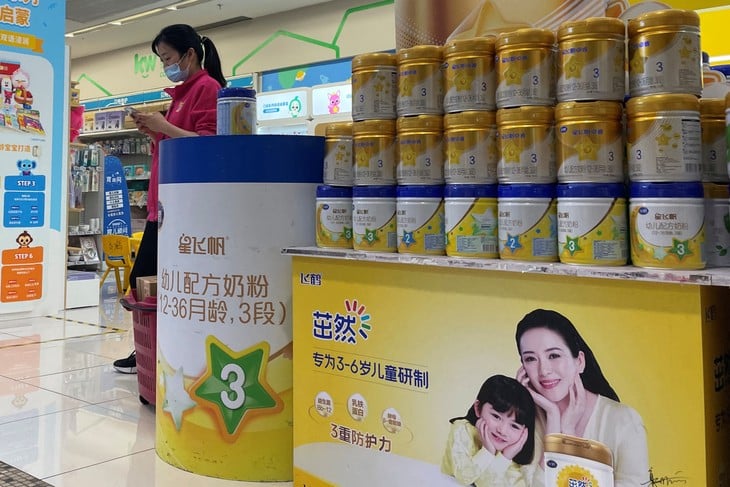
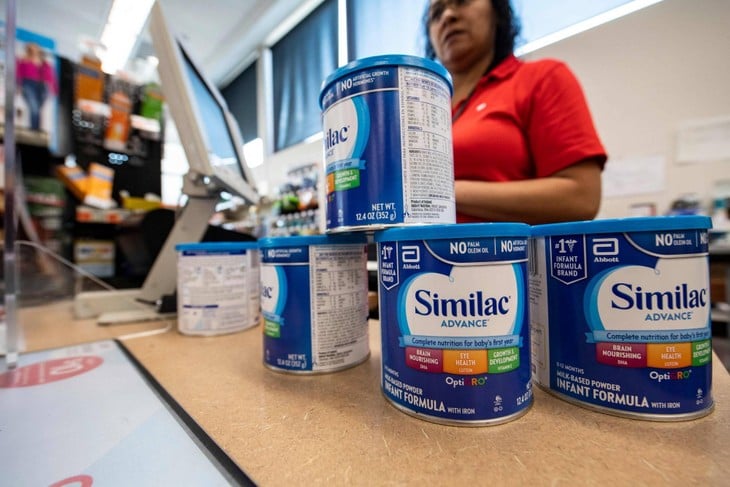
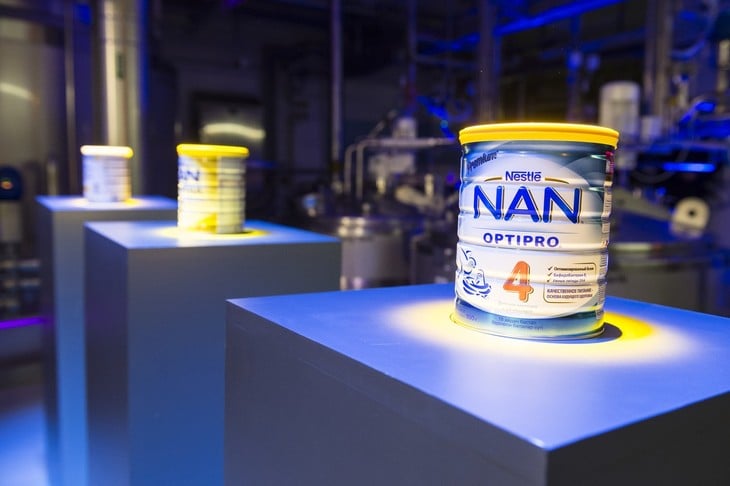



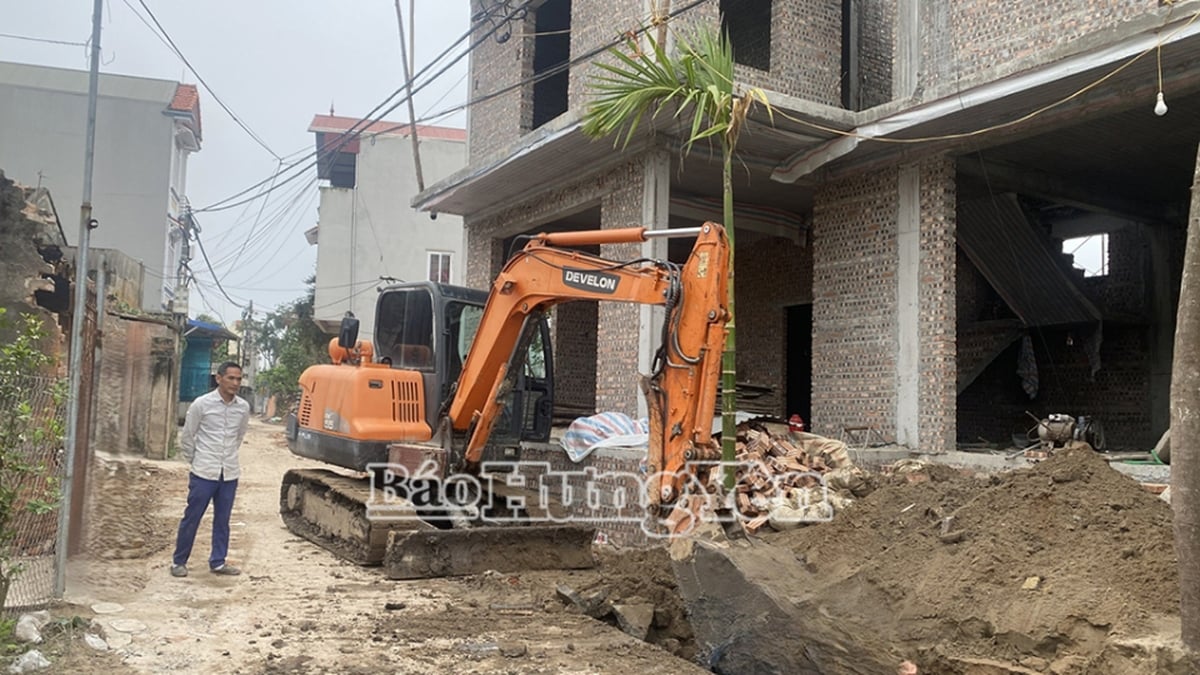




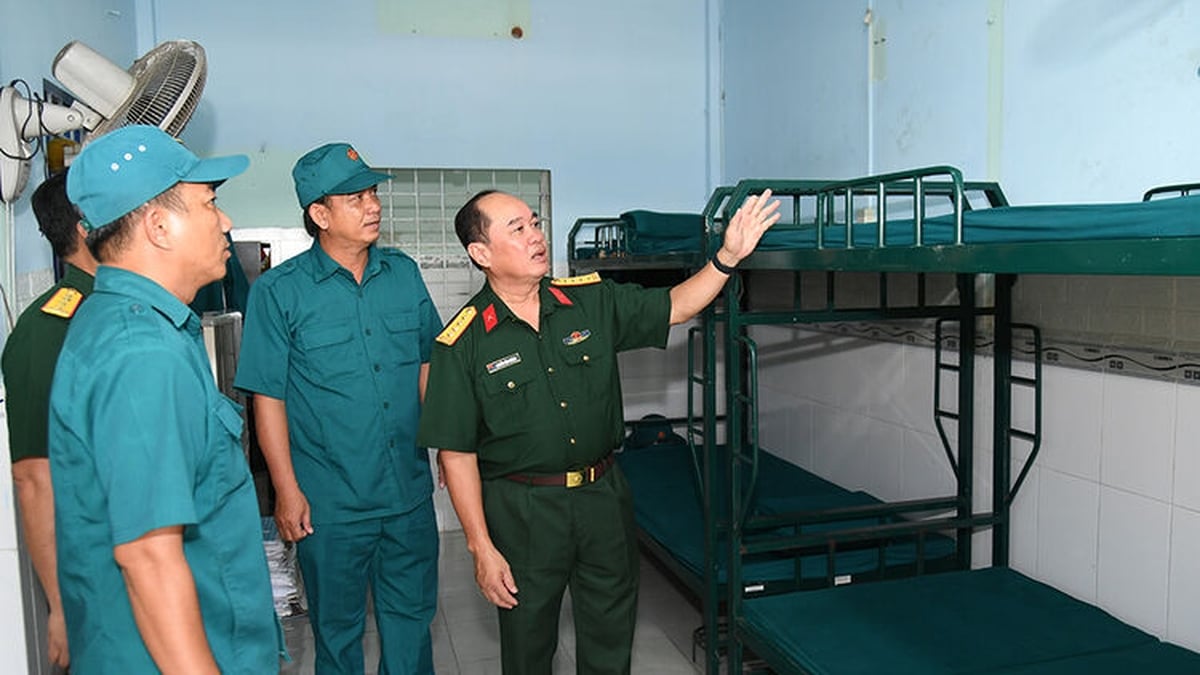
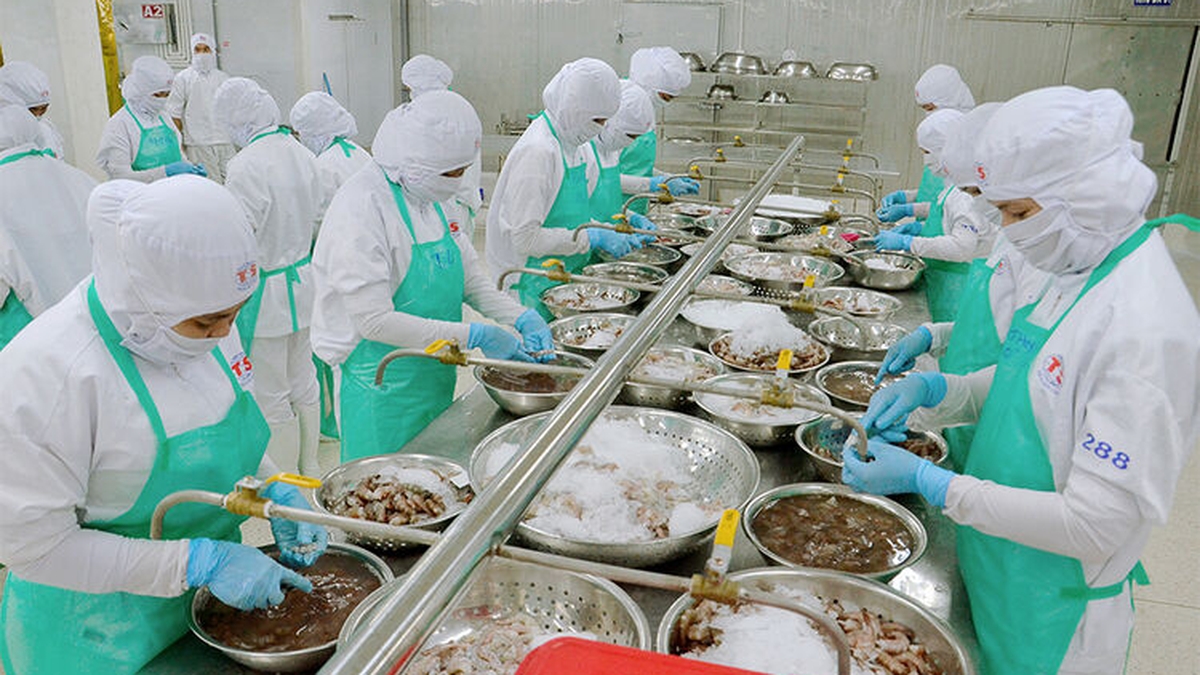













































![[Maritime News] Treasury Department Targets Diverse Networks Facilitating Iran's Oil Trade](https://vphoto.vietnam.vn/thumb/402x226/vietnam/resource/IMAGE/2025/7/14/43150a0498234eeb8b127905d27f00b6)





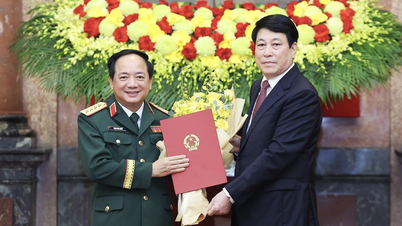




































Comment (0)